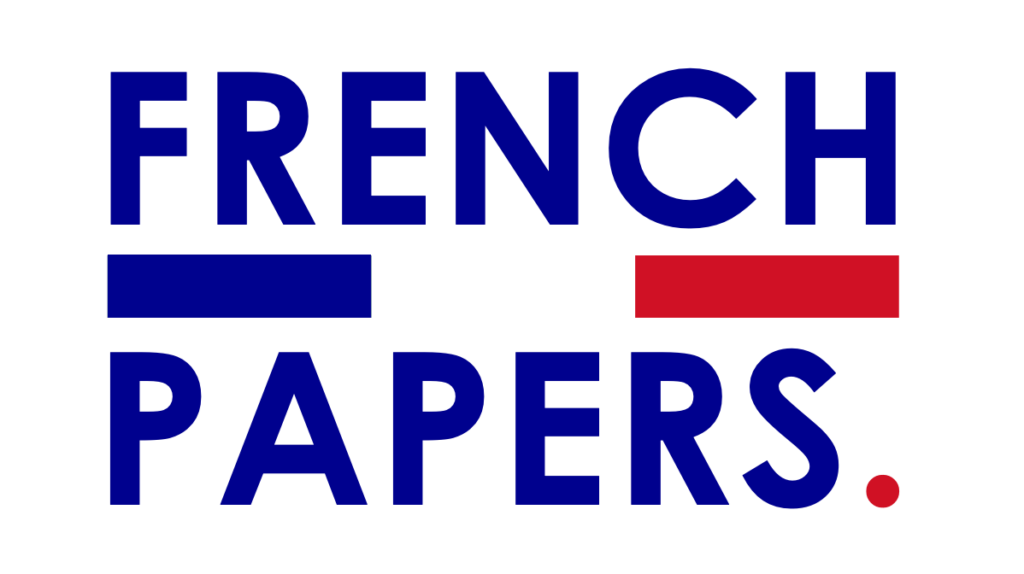
Menu


The Obligation to Leave French Territory (OQTF) is an administrative measure taken by the French authorities against a foreign national who is in an irregular situation in France. This decision requires the individual to leave France within a specified period, usually under the threat of sanctions if not complied with.
An OQTF is a decision made by the prefect or the Minister of the Interior when a foreign national is in an irregular situation in France. It can be issued in several situations, including when the foreign national:
An OQTF may be accompanied by a deadline to voluntarily leave the country (usually 30 days) or, in some cases, require immediate departure.
An OQTF may be issued under the following circumstances:
There are two main types of OQTF:
When an OQTF is issued, the foreign national has certain rights and possibilities for appeal:
Failure to comply with an OQTF can lead to several consequences:
The implementation of an OQTF generally follows a well-defined procedure:
Here are some typical examples of situations that may result in an OQTF being issued:
To avoid a situation where an OQTF could be issued, it is advisable to: